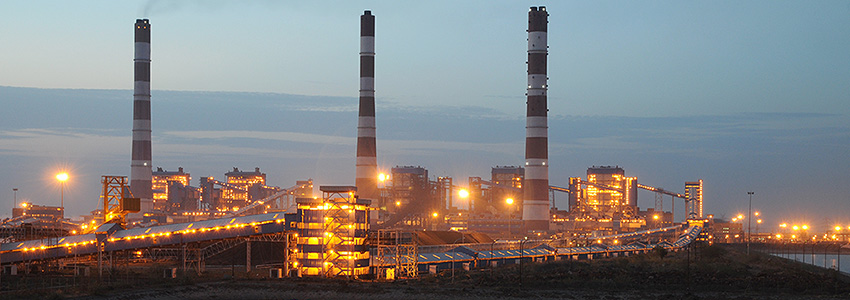In Australia, the Gautam Adani’s coal mine, a project that’s become a global emblem for opposition to fossil fuels, is preparing to begin exports after more than a decade of a bitter dispute over its development.
Proposed in 2010 and stalled by legal challenges, financing setbacks and a sustained campaign from climate activists, the operation is scheduled to ship first cargoes before December. It aims to supply an initial 10 million tons of thermal coal annually for at least 30 years.
- Mumbai Office Leasing and Residential Sales Grow in 2024
- Nvidia Launches New RTX 50 Series GPU
- Consint.AI Secures Rs 5 Crore Funding in Seed Round
- Arkade Developers Adds 3 New Redevelopment Projects
- India Launches a New Steel PLI Scheme
Opposition to the Carmichael mine, located inland from Australia’s iconic Great Barrier Reef in Queensland, has spanned environmental activists to Wall Street banks, insurers and investors, offering a microcosm of the escalating international campaign against the most polluting fossil fuel in the past decade.
“Carmichael seems to have catalysed a broader conversation about the future of thermal coal,” said Samantha Hepburn, a law professor at Melbourne-based Deakin University. The latter has focused on mining and energy issues. “That’s happening not just for activists, but in boardrooms and for investors across the world who want to reduce their exposure to toxic investments.”





